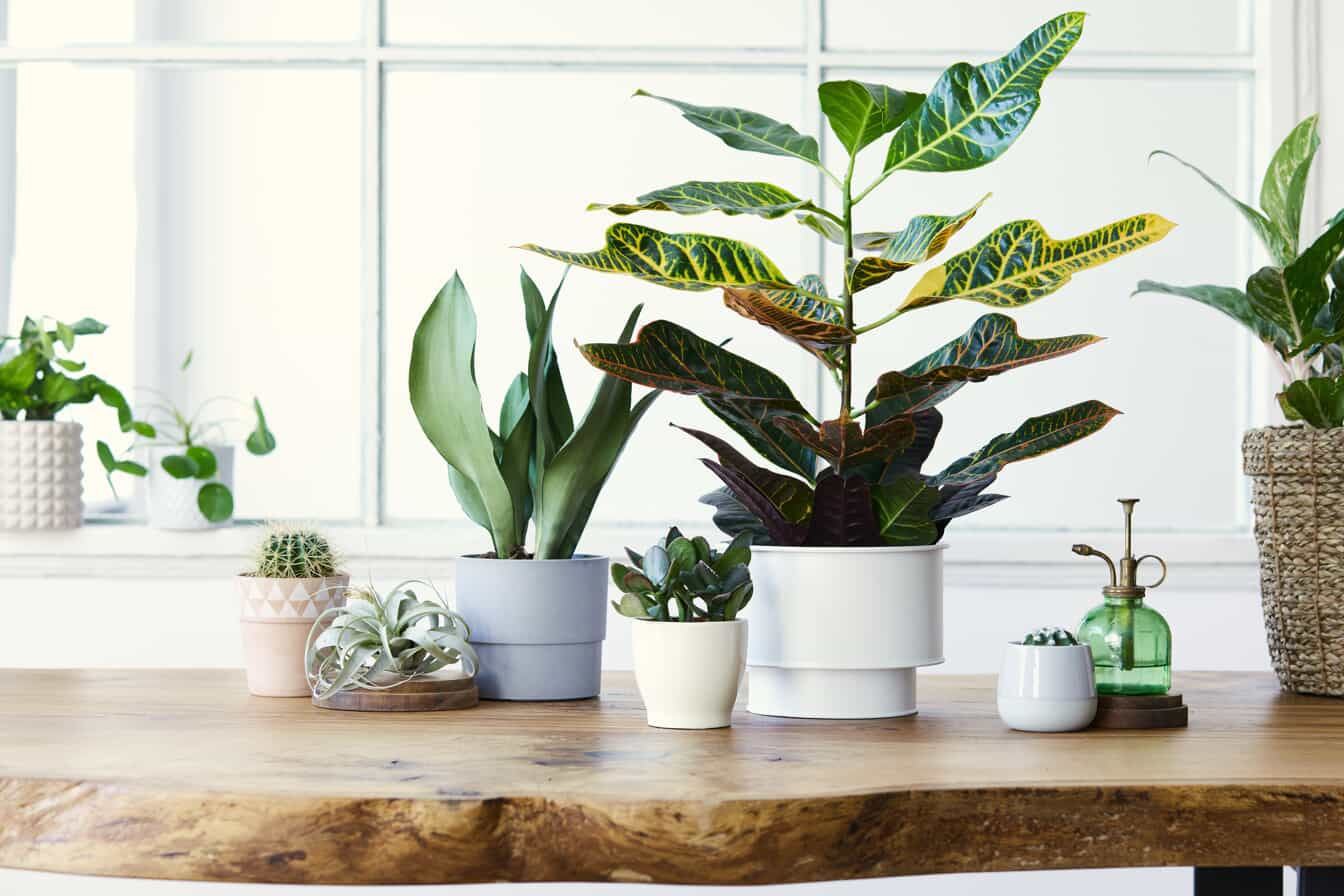Don't Clean These 10 Items with Vinegar
Vinegar is an ancient cleaning marvel that has stood the test of time. People have been using this acidic liquid for cleaning and disinfecting since as early as 5000 B.C.
However, while it may be a fantastic all-purpose cleaner due to its eco-friendly nature and affordability, some items should never come in contact with it. In this guide, Merry Maids® breaks down which items to avoid, saving you from potential damage and costly replacements.
When to Avoid Cleaning with Vinegar
We've highlighted 10 common household items that should never be cleaned with vinegar. What makes them unsuitable for vinegar? In most cases, it's the material or finish. Vinegar's acidic nature can cause irreversible damage, discoloration, or wear and tear on certain surfaces.
1. Certain Countertops
While vinegar is often touted as a great all-purpose cleaner for countertops, it's not suitable for all types. In particular, avoid using vinegar on natural stone surfaces such as marble, granite, and travertine. The acidity can dull these materials over time and may even break down the sealant that protects them from stains.
Instead, opt for a specialized stone cleaner or simply use warm water and mild dish soap to clean these delicate surfaces.
2. Grout
Many people turn to vinegar to clean grout between tiles, but it's important to proceed with caution. The acid in vinegar can wear down the grout over time, causing it to crumble or break apart. This will leave you with unsightly gaps between tiles and could lead to expensive repairs.
For safe grout cleaning, keep the baking soda, and swap vinegar for water or a commercial grout cleaner.
3. Wood Surfaces
Wood is a natural material that can be sensitive to acidic substances like vinegar. If used regularly, vinegar can strip the finish off of wood furniture or flooring, leaving it dull and vulnerable to scratches and water damage.
Instead, use a specialized wood cleaners, or simply dust with a microfiber cloth. You can also use a mild soap solution for tough stains.
4. Clothes Iron
While there are guides out there that say adding vinegar to a steam iron can help remove stubborn buildup and stains, it's important to note that this is not recommended by most manufacturers. Vinegar can actually cause damage to an iron’s internal components, leading to malfunction or even fire hazards.
Most of the time, a cleaner won't be needed. With self-clean features, the iron should be able to handle most of the buildup on its own.
5. Dishwashers
While it may seem paradoxical not to clean your dishwasher with vinegar since it's often used as a cleaning agent in itself, this is one case where it's best to avoid using vinegar altogether. Vinegar's high acidity can corrode the rubber seals and hoses inside your dishwasher, leading to leaks and costly repairs.
Instead, use specialized dishwasher cleaners; or, run an empty cycle with hot water and baking soda monthly to keep your dishwasher fresh.
6. Washing Machines
Throwing in a cup of vinegar with your clothes may seem like a great way to freshen up laundry and remove odors, but it can actually do more harm than good. Like the dishwasher, the acidity of vinegar can corrode the rubber components in your washing machine, which can result in complete operation failure.
To keep your washing machine clean, run an empty cycle with hot water and baking soda once a month. For stubborn odors, use specialized washing machine cleaners as directed by the manufacturer.
7. Cast Iron Skillets
Cast iron skillets are known for their durability and ability to retain heat, but they require special care when it comes to cleaning. Using vinegar on cast iron can strip away the seasoning, causing the pan to rust or lose its non-stick properties.
Instead, clean your cast iron skillet with hot water and a stiff brush or a corrosive material like salt. For tough stains, use a small amount of mild soap and dry the skillet thoroughly before storing it.
8. Aluminum Pans
Like cast iron skillets, aluminum pans can also be prone to damage from vinegar. The acid can cause discoloration and corrosion over time, leaving you with unattractive and potentially unsafe cookware.
To clean aluminum pans, use gentle dish soap or specialized aluminum cleaners as the manufacturer directs.
9. Electronic Screens
Never use vinegar to clean electronic devices, like TVs, tablets, or laptops. The acid can damage the protective coating on the screen, making it cloudy and prone to scratches.
Use a slightly damp microfiber cloth for gentle cleaning. Avoid using harsh chemicals, and always refer to the manufacturer's instructions for best cleaning practices.
10. Certain Knives
Hand washing plates, cups, and utensils with vinegar can effectively remove buildup and bacteria. However, it's important to note that certain knives should not come in contact with vinegar. Specifically, carbon steel or ceramic knives can become discolored or corroded when exposed to acidic substances.
To clean these specialty knives, use gentle dish soap and avoid soaking them in an acidic solution.
Best Uses for Cleaning with Vinegar
Avoiding these 10 items may seem like a lot, but don't worry – there are still plenty of ways to use vinegar for cleaning.
Some safe and practical uses for vinegar in your home include:
- Cleaning windows and mirrors
- Removing soap scum from shower doors and tiles
- Neutralizing pet odors on carpets and furniture (test an inconspicuous area first)
- Disinfecting cutting boards
Always dilute vinegar with water when using it as a cleaner, and when in doubt, refer to the manufacturer's instructions or opt for a specialized cleaner instead.
Need help keeping the rest of your home clean? Merry Maids is here – find your closest house cleaning service location to request a free estimate today!












